David vs. Goliath: How Dental Startups Can Triumph Over Corporate Dentistry
Are you an associate dentist contemplating the path to practice

Are you wondering what it takes to start a dental practice? If so, you likely already feel a little overwhelmed. It’s a monumental task and a huge investment. With all the conflicting information out there, you need to know you’re making the right choices for your career and future dental practice.
Like everything successful, there’s a formula for opening a dental office that works.
In this article, you will find the 13-Stage Startup Timeline to use as your formula and checklist to guide you throughout the entire process.
We will show you how following this guide–in the correct order–can:
As you study each of the 13 Stages below, keep your eyes focused on customization.
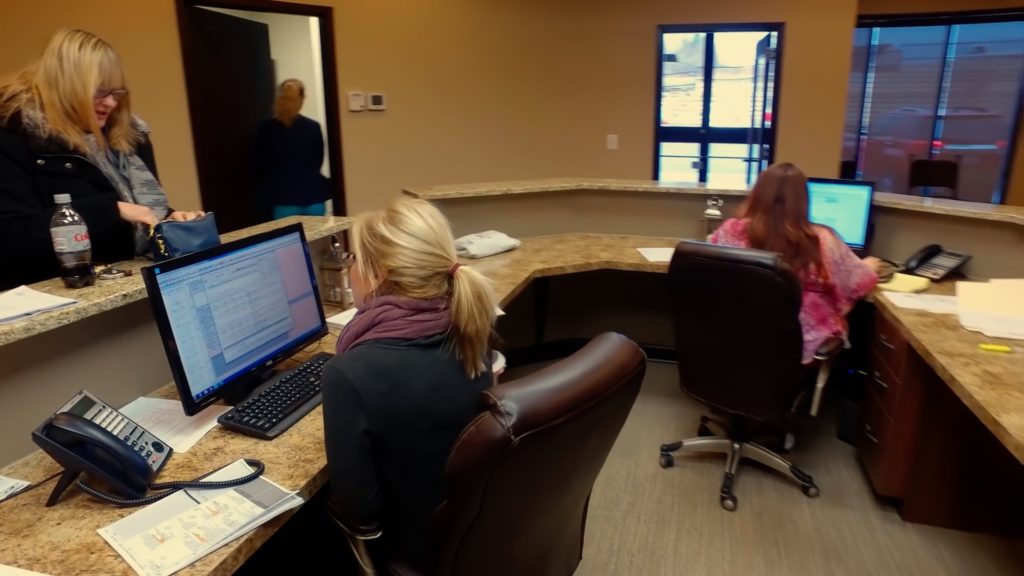
I’m Jayme Amos, CEO of Ideal Practices. Our team of experts has helped more associate dentists open private practice startups than anyone in dentistry. Hundreds of dentists have partnered with us and followed our comprehensive 13 Stage Guide—and they now own some of the most successful dental practices in the country.
Why are all of the Ideal Practices high-level consultants so successful? Because they followed the 13-Stage Guide in the right order, starting with finding their vision. Once we know your vision, we REVERSE ENGINEER the entire process to come up with your customized dental practice business plan.
*HINT* BOOKMARK THIS PAGE: It is packed with helpful information, and you will want to return to it multiple times.
Below, we’ll explore each of the 13 Stages in depth. When you follow this guide in the right order, you, too, can develop a customized plan for your startup while staying true to your vision.
Are you an associate dentist contemplating the path to practice
Opening a new dental practice is an exciting journey, but
Deciding between launching a new dental practice and acquiring an
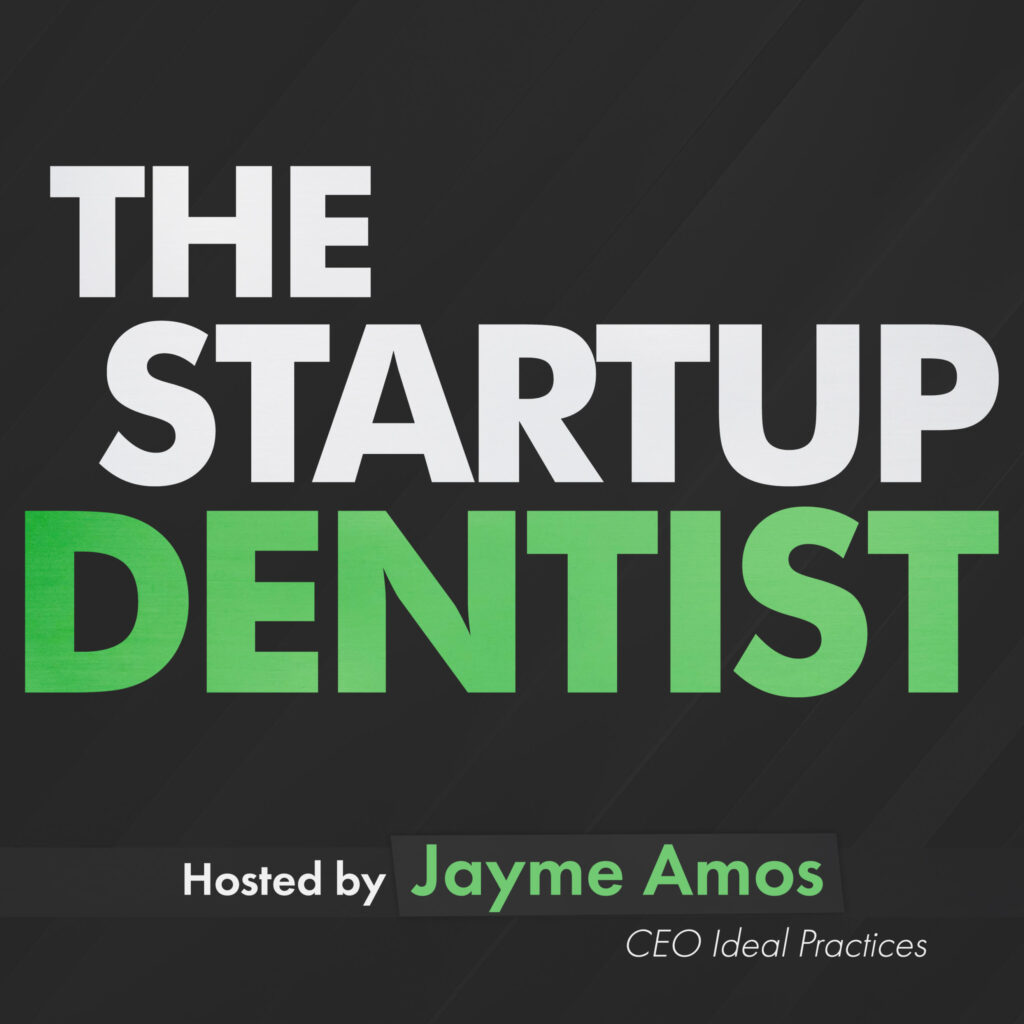
Too many dentists try to open a dental practice based on bad advice. They listen to what others have to say based on one experience of opening a practice. In a different location. With a different patient population. Based on what someone they trust (but who knows nothing about dentistry) learned in one course of marketing. With a completely different vision from yours.
Ideal Practices has helped hundreds of dentists open practices with over 100 patients in their first week. They built a fool-proof guide that ensures success–as long as you follow it completely and in the right order. Let’s introduce you to the Stages:
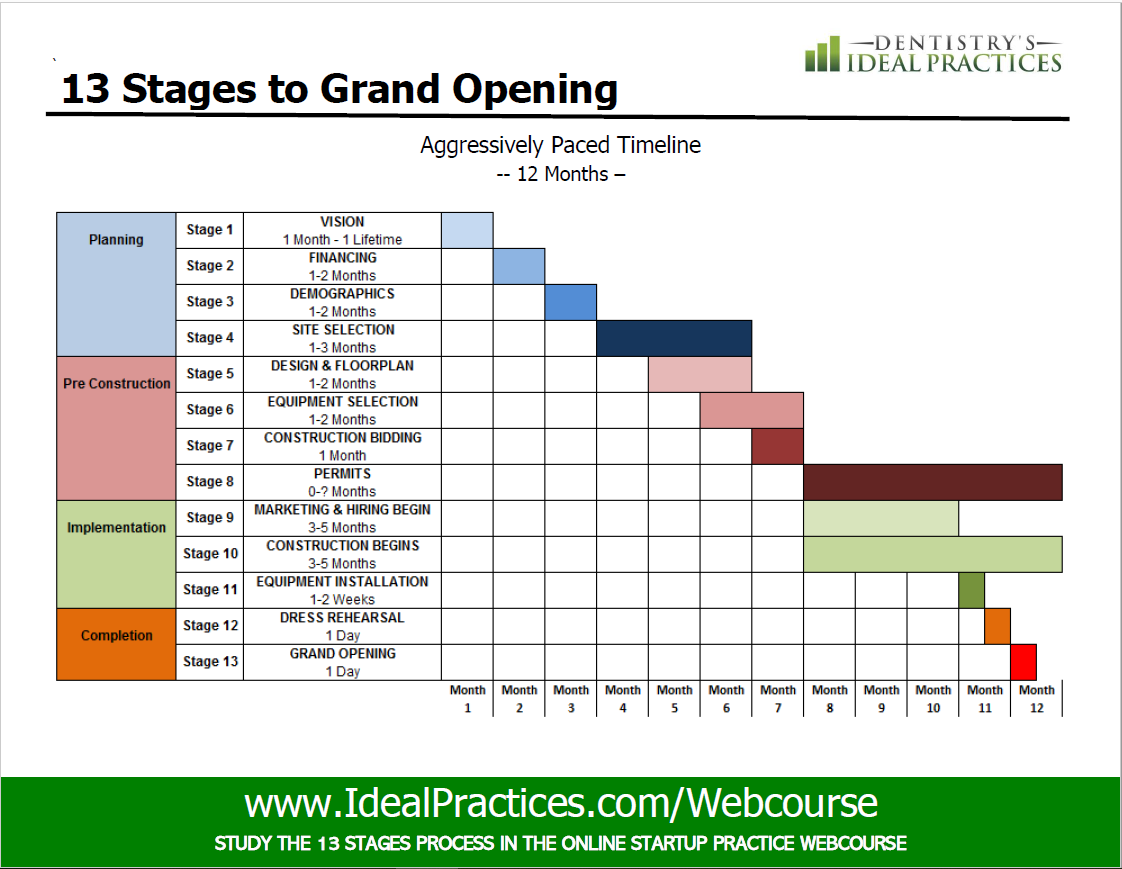
Keep reading for a detailed description of each of the 13 stages.
Study and learn this entire publication. Save it for future reference.
“Implement the 13 Stages as a proven formula, customized for your startup vision.” Why? Because every doctor is unique.
Too many courses, online sites, books, and Facebook groups teach cookie-cutter models. If you are looking for cookie-cutter, maybe you are more interested in corporate dentistry. But is the next McDonalds of Dentistry what you want?
A startup should be customized for your vision. Your clinical philosophy. Your desired growth rate. Your Ideal Patient. Even your desired practice culture.
Every private dental practice startup must be customized. This is what separates private practice ownership from corporate dentistry–and makes it so enjoyable for decades.
And this is why startups give private practice owners the most control.
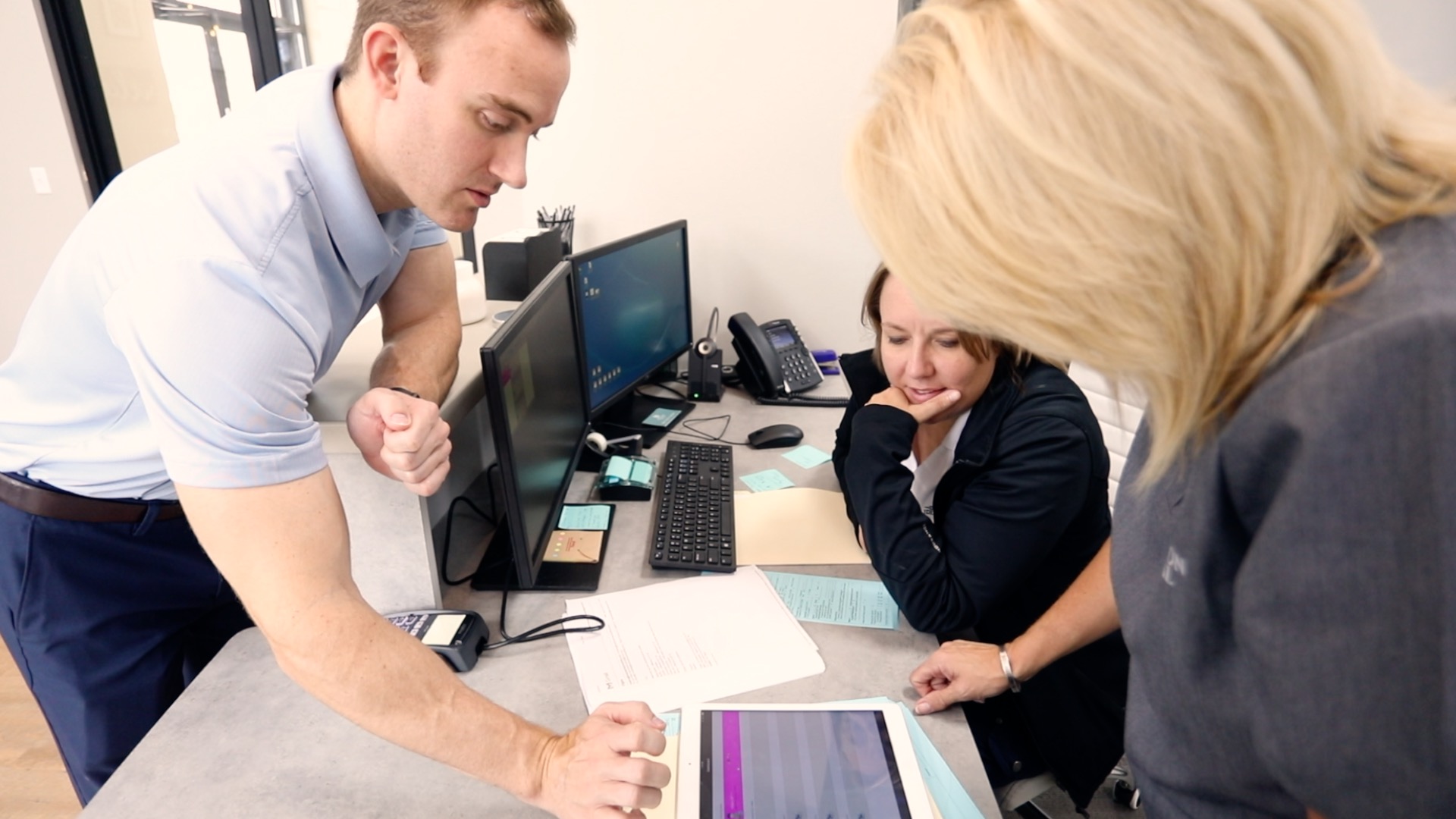
It seems everyone has an opinion about dental startups. But the irony is that the people in the peanut gallery giving advice usually haven’t even opened one practice successfully!
Imagine the problem with that scenario…it’s like your patient getting his neighbor’s opinion about a treatment plan for a diagnosis the neighbor has never had. How helpful could that possibly be?
Here’s the tough truth: Advice from a random doctor in a Facebook group makes them feel good and puts you at risk.
For example, I recently saw a post firmly telling doctors how to pick demographics. He tried to sound so important, but even though he sounded smart, he was giving the wrong advice. No one seemed to notice the post was made by a dental school student.
And let’s be honest, a clumsy assortment of ideas for a dental practice startup is not a smart path for your successful startup. It’s risky, and there is too much at stake.
What about advice from a dental school buddy who owns one practice?
Be careful. What works in one region will not work in another. And some advice sounds good, but it may not be the best advice for you. For example, take marketing. I can’t begin to count the number of times I’ve heard or read from others the importance of Facebook Live posts. They’re called “a must.” Touted as “the best marketing.”
I can tell you, after helping associates all over the country grow million dollar startups—many do so without ever creating a single Facebook Live post.
Hmm. Pretty eye-opening, especially considering most doctors don’t want to do live videos.
Hear me: While Facebook Live has its benefits, it’s NOT NECESSARY. If you love making videos, GO FOR IT. But don’t be pressured into doing things you aren’t comfortable with. You will only look ingenuine.
Just because something works for one doctor, it doesn’t mean it will work for you.
You deserve a customized dental startup business plan, designed for your practice model, that considers the future you desire for your family, the patients you want to serve, and the impact you want to make on your community.
Nothing less.
To have a successful dental office startup, every decision must be customized.
Let’s get your startup successful the first time, by going about it the right away.
We’ve all heard examples of a dentist who struggled with their startup. It happens far too often.
Let’s say your first month has 100 new patients (which many of our clients have). In this scenario, you will see tremendous profits by month seven. Why?
Because most of those 100 patients will come back in six months.
To achieve this, you must set everything up the right way, the first time. Thankfully, it doesn’t need to be complicated.
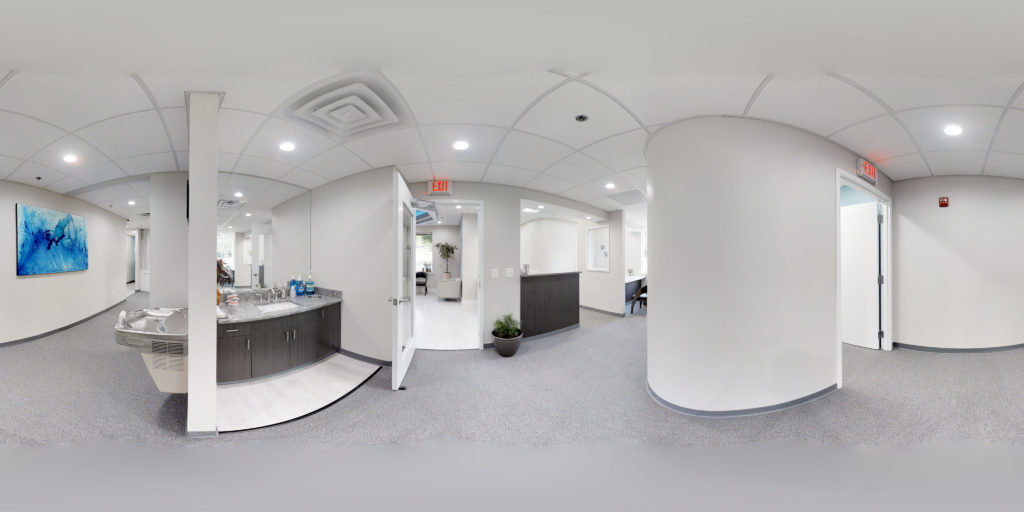
But what happens if you limp in? What if you waste thousands of dollars testing random marketing ideas that don’t work?
What will you do if your first three months lose money? Your low number of new patients translates into low numbers of returning ones. How will you recover?
Doctors like this spend their personal savings just to stay open. They struggle for years, working extra hours at their associateship so they can pay bills.
I know this happens. I get the panicked emails from doctors afraid they won’t make it—after it’s too late. And it’s heartbreaking.
But it’s not their fault. Those are the doctors who tried to bundle random ideas from people who had little useful experience.
Fixing these problems is very, very expensive.
There is a better way to cut out the risks and avoid those problems altogether. And you can cut do it predictably.
The point is, if you follow the random plan built for variables from some other doctor in another region with a different vision, you will miss out on enjoying a customized plan for practice ownership made for your goals, your family, your future, and your impact in your community.
“To enjoy a startup at the highest level, it’s important to identify your unique vision. Then reverse engineer an implementation plan customized for that vision. “
Don’t go for cookie-cutter. Utilize the 13 Stages to guide you through creating a customized dental startup, built for YOU.
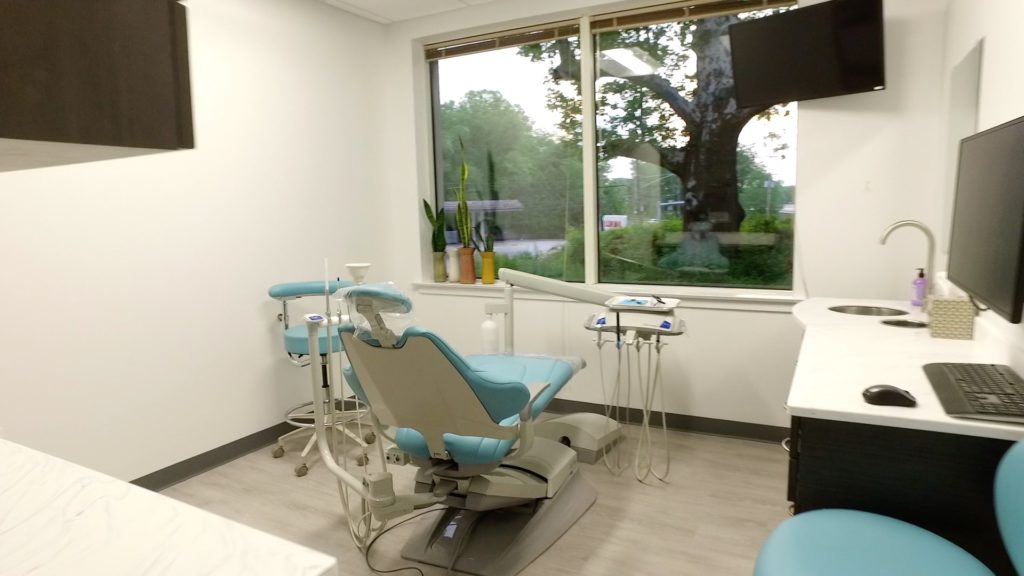
The Vision Stage is the most important stage of all. And it comes FIRST.
Here, your planning determines the future for your practice.
Like a missile launched over the ocean, just a ONE-degree difference dramatically affects its permanent trajectory.
All future actions and decisions for your startup will be determined right here in your Vision Stage. Of course, you can make changes throughout the process–but a new dental office is much easier, less expensive, and more successful when you launch with accurate vision, just like launching a missile.
Let’s get your business plan right in the Vision Stage.
When you partner with Ideal Practices, we learn all about your goals, dreams, philosophy, and desires, as well as who your ideal patient is, the procedures you prefer doing, and the patient experience you want to provide.
Everything comes together as your vision during the Vision Call. On this multi-hour strategy call, our executive team works with you to custom-create a strategy for your startup. The Vision Call can take weeks of your preparation to assemble.
On the Vision Call…
Here, we deconstruct and reverse engineer implementation plans for topics like:
If you’re like most associate dentists who want to avoid the mistakes that waste time and money, the vision stage is where you should focus. This helps us lower risks while making the entire dental startup process smooth and enjoyable for you.
Are associate dentists REQUIRED TO HAVE a dental startup business plan to open a new practice?
Yes and no.
WHAT??
The truth is, you can open any practice without a business plan. But why would you?
Some banks even confuse dentists by telling them a loan doesn’t require a dental business plan.
While that may be true for some banks, I assure you, a successful startup begins with a business plan. At Ideal Practices, we help customize your dental startup business plan.
Could that be why so many of our doctors collect over a million dollars in under a year? I’m going to say YES!
A dental business plan allows you to chart the path for your startup success, projecting your budget, finances, break-even point, and even your marketing plan.
To maximize your success, we build your customized business plan during your Vision Stage.
A Dental Startup Business Plan should include:
Before applying for a loan, be sure all the pieces of your Vision Stage are in place.
Most dentists feel like they need to beg banks to approve them. I prefer to turn the tables on the banks and make them beg to work with you.
First, let me be transparent. I cringe when I hear of dentists saying the wrong things when applying for loans. Or when I see them fill out the forms with information that hurts their approval chances.
Because of lending laws, once you disclose information to a bank, they are required to document it. You can’t take it back.
This is why I believe in the Silver Platter Strategy.
During Stage 2, my team of consultants works one-on-one with you, preparing you to speak with the banks and pre-negotiating lending terms for you. My team has done this hundreds of times, and they will act on your behalf, granting you the control that comes with experience.
This cuts out the fear and stress most doctors experience.
During our preparation, we get the banks so hungry to work with you–even before the first conversation–that they see you as being presented on a silver platter.
Your lending discussions need intentional planning.
This Dentist’s Banking Failure Turned Around…
Just last month, my team of consultants was in the middle of negotiations with banks for Dr. P, one of our clients on the west coast.
Dr. P told my team how he applied for a loan and was denied, just before working with Ideal Practices.
He was devastated. His credit was good, but some of his history gave the bank too many unanswered questions. And banks don’t like risk.
So my team got to work.
We completed his Vision Call and built his dental business plan. We pre-negotiated the banking discussions with two banks. Dr. P’s silver platter was being prepared.
Then, about three weeks in, we told the bank their opportunity to speak with this incredible doctor was coming up. This was their chance to speak with the amazing doctor they heard so much about.
The business plan landed in their inbox.
Dr. P got on the conference call with their credit team.
His nerves were high, but he was ready.
During the 20-minute call, he answered their questions flawlessly, just like we practiced. He was truly prepared, much like a witness is prepared for trial.
And the next day, he was approved!
See, once you have a proven plan, this process flows well. It’s even possible to enjoy the process.
Now, I never suggest you say anything untrue. Your integrity must remain intact. But remember—the banks can never “un-hear” what you say. You need to know what will concern them before you say it.
Frequently, saying too much of the wrong thing can get you denial letters. I see it all the time.
At this stage, we help you confidently understand the differences between bank funding amounts and the budgeting needs for your practice vision. We also help you determine which type of loan will be most beneficial for you before speaking with any bank salespeople.
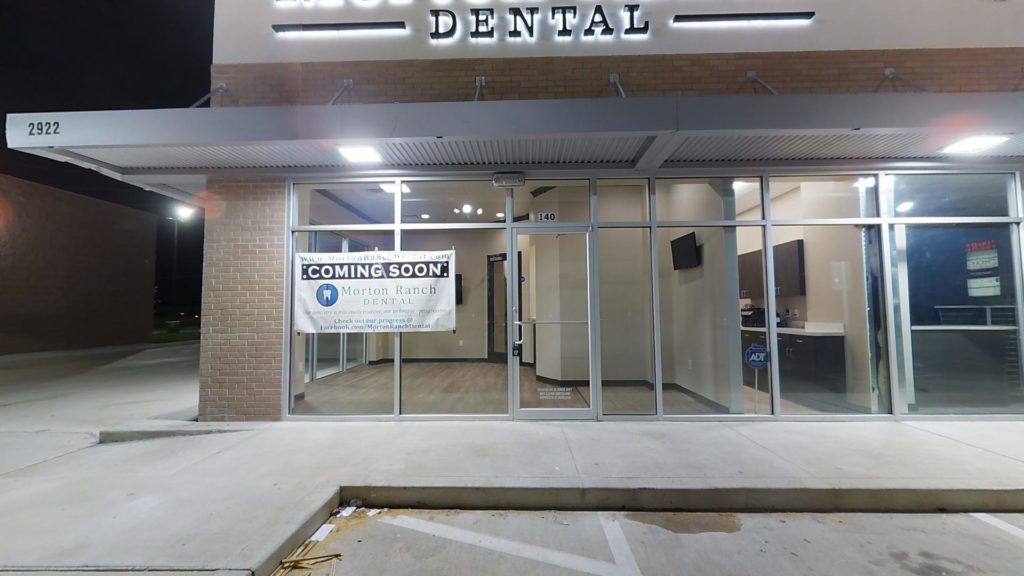
Too many doctors fail to assess demographics. If you get this wrong, it can kill the success of your new dental practice. In fact, if not approached correctly, your risk level increases exponentially.
When considering demographics, you first want to ask yourself:
One of the most discussed topics from the so-called “experts” in the peanut gallery is the Doctor-to-Population Ratio. Simply put, this represents the level of competition in a town.
The theory states that the higher the ratio goes, the better the startup will grow.
Unfortunately, that’s not true. And I’ll prove it to you.
First, let’s ask: Who profits from this theory?
The websites that sell expensive PDF demographics reports will tell you this ratio is the most important metric in your dental practice startup. They want you to buy their expensive PDFs. Don’t fall for it!
Next time you hear some guy selling expensive reports tell you that the ratio should be your top priority, you can tell him about these three doctors…
3 Demographics Doctor Case Studies
Watch 3 Doctors’ Startup Demographics Case Studies
City versus Suburb Startups
Free Data is Like…
There are lots of resources out there offering free data, but we implore you–PLEASE do not base your decisions on free data. Or even expensive data. Relying on free demography data for a new dental office is a little like sending your mother to the free clinic for a full-mouth restoration. Don’t risk your success with unqualified data.
In addition to familiarizing yourself with the demographics, you’ll want to know how many other dental practices are in the area. Furthermore, if it’s an area that is subject to redevelopment in the future, you will almost certainly want to consider alternative options.
8 Demographics Questions to Consider:
Demographics for Dental Startups
It takes time to assess the demographics properly. The best dental startups take weeks of data study—sometimes months—aligning the vision for the practice with the right demographics strategies.
And this goes far, far beyond a simple ratio. Remember, the data will not bring you success. People on Facebook will tell you to hyper-focus on “the ratio,” but when you see what makes dental practice startups successful, you will see why demographics is just stage 3 of all 13 stages.
Site selection is one of the most crucial steps you’ll take when opening a dental office.
You can lose your life savings with a bad real estate choice. Or you can hit a home run with a location that supports your practice model for decades.
What is the #1 mistake in startup real estate?
Unquestionably, the top mistake doctors make is “calling the number on the sign.”
Most people who consider opening a new business jump in the car, look at a commercial building through their windshield, and start dialing phone numbers.
Do not do this.
It doesn’t help the process. Why?
Problem 1: Demographics first. Before your real estate choice, we need to be sure the demographics data for the region fits the plan. Don’t waste time driving and dialing before the plan is in place.
Problem 2: Loss of negotiating power. When you “call the number on the sign,” you make it clear to the professional real estate broker that you are not represented. It is instantly obvious to the realtor that you’re a rookie. You will be taken advantage of. I assure you. You will be offered poor terms. You will be told things like, “the landlord can offer you lower rent if you don’t have your own realtor.”
Wrong. That just keeps her from having to split the commission and puts the whole thing into her hands. Negotiating real estate is a complex process. And this is a decision you’re going to make that is worth hundreds of thousands of dollars. Don’t risk it all so you can haphazardly enter into a half-million-dollar negotiation on your drive home from work.
Problem 3: Planning. Get your business plan done. After creating your vision. Only then will you know what type of real estate you need, what your budget is, and the size of the facility your vision calls for. Only then can you make a wise choice.
Real estate for dental startups goes way, way beyond signage and pretty buildings. Treat your future the way it deserves to be treated and go through this half-million-dollar process the right way. Don’t “call the number on the sign.”
How Long Does Site Selection Take?
It often takes one to three months to find the best location for your practice. Negotiations will take another one to six months.
Should Dental Practice Startups Buy or Rent Real Estate?
Another aspect is determining whether you will acquire real estate or lease property. While it’s true that both have advantages, we encourage doctors to weigh their options. Often, leasing a building can come with hidden legal jargon.
Many doctors say owning real estate is a wise investment. But is it for a startup?
Consider this for Renting Real Estate: When you rent a building for your new dental office, the landlord can pay upwards of $100,000 to pay for your construction. We work this out during the negotiation stages for our clients. It’s great to get free construction money from the landlord!
But…
…if YOU are the landlord, who do you think pays for that $100,000 of construction?
See, owning real estate might be best for those people who say owning real estate is best. But that doesn’t mean it’s right for your budget or your startup vision.
What Size Space is Right for a Startup Dental Practice?
Remember Dr. Bryan, in the above video? He opened his startup with a piece of real estate 50 percent smaller than what the so-called “experts” were telling him to find. Yet, his practice collected a million dollars in the first year, has a full-time associate, and still has room to grow. You can watch Dr. Bryan’s entire startup process in the first-ever Startup Practice Documentary.
Customized funding strategies, business plans, and landlord negotiations are imperative in Stage 4 with Real Estate and Site Selection. Determine which option is right for you by aligning your real estate and location choices with startup-specific strategies, free of bias from vendors.
Stage five is exciting! Your dental office design and floorplan are physical representations of your future in practice ownership.
Understand, the flow through the practice must be conducive to efficiency. To do this right, you have a lot of things to consider.
For the best dental startup floorplan model, make sure that:
Study the Top 7 Dental Floorplan Methods in this Free Training:
As you might imagine, dental equipment is a significant expense. But your new dental office can’t run without proper equipment. It’s incredibly important to carefully consider all your options—while ensuring they match the vision for your practice.
Many doctors want to know if used or refurbished equipment is a good idea. All equipment for a dental practice startup must come with a good warranty and installation. What becomes a problem is when cheap “used” equipment comes without a warranty or installation.
Refurbished equipment can be an excellent option if the vendor manages the entire process without having to involve you. Imagine how many moving parts you will have in the coming months. Between hiring, business training, marketing, your part-time job, caring for your family, and getting ready for opening day—the last thing you need is having to figure out how to install equipment.
Be sure you don’t settle. Make the right investment now and find equipment that distinctly matches your vision.
Avoid: During this stage, avoid the bias from salespeople who have a limited number of brands to choose from.
Introductions: Do not get “referred” from one local vendor to another. Often, those referral networks earn the vendor more income than your single sale. In other words, many vendors are more motivated to protect their relationship with other vendors than they are to protect you. Backroom dealing in dentistry is a very real and very sad truth.
Pricing: Equipment is a commodity, so ensure you have an advisor on your team who has a nationwide perspective on current pricing. Many vendors will raise one price and lower another to earn a higher commission.
Technology: Dental startups with modern technology stand out in their community. Your vision and budget can help determine what high-tech equipment you may or may not need.
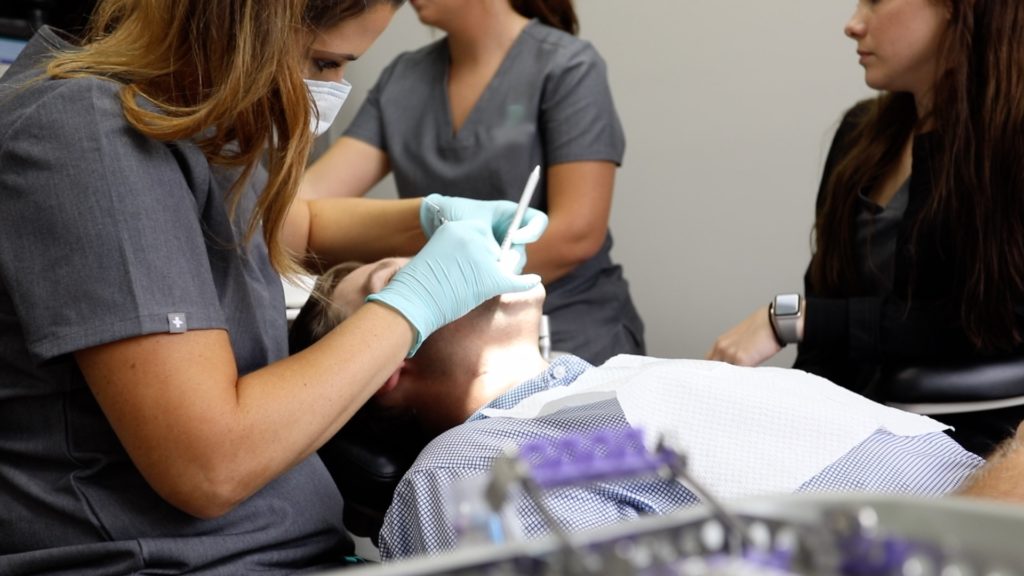
One of the biggest questions at this stage is: “How much?”
Dental Construction Costs:
All dental startup budgets are different, but you can get an idea of the cost by calculating the price based on size. In general, depending on your region, you will find that construction costs a dental practice startup anywhere from $100 to $220 per-square-foot.
In this stage, we will discuss the right pricing and bidding for your practice.
Each area of the country has unique average costs. These regional considerations will impact your budget.
For example, the cost of construction can easily exceed $200 per square foot in Seattle. However, in Texas, construction can drop below $100 per square foot.
SEATTLE: 2000 Square Foot Office = $400,000 in Construction
TEXAS: 2000 Square Foot Office = $200,000 in Construction
Do these numbers suggest one area is better than the other? NO!
With hundreds of examples, Ideal Practices has client success stories in both Seattle and Texas markets. Many of these clients have million-dollar practices in the first year.
But most importantly, the right budget for you will be customized to your vision.
The real goal for your new dental office is never to spend the least. Spending less or more on construction should never be your goal.
It’s not uncommon to receive a baseline estimate for construction, only to later have thousands of dollars added to the quote.
Baseline pricing suggests that a contractor intentionally leaves certain pricing off the quote, just to try and win the bid. Then later in the process, they tell you it should have been expected to have to pay another $12,000 for tile. True story.
Dr. Eric’s contractor tried to get him to pay $12,000…instead of $1200.
Dr. Eric was quoted $1200 for tile in his practice. We negotiated that and got it in writing.
Then one day, near the end of the project, the contractor said the doctor had to pay $12,000 for the tile. In short, the contractor tried to pretend the doctor was responsible for paying for all the office tile.
This is not the kind of surprise you want when opening a dental practice.
For this reason, contractors need to have guaranteed pricing – not baseline pricing – and a limit on change orders.
Unfortunately, many doctors have been taken advantage of in hundreds of ways.
Don’t be nickel-and-dimed to death.
Thankfully, we made sure Dr. Eric was covered before signing the contract. This saved him when the contractor tried to play games with numbers and sneak in an extra $12,000 of profit.
Save $30,000 in 30 Seconds
Massive savings can be had, even with a stellar outcome, when you negotiate properly in construction.
Beyond protections, ensure the team who is helping you negotiate with contractors has more experience than the contractor. During the negotiation stages, even short conversations can be worth tens of thousands of dollars of savings.
For example, our lead consultant on construction noticed a price saving opportunity on a doctor’s quote in Florida. He made a 30-second phone call and saved our client $30,000. This is the benefit of having the experience of hundreds of startups.
Let’s get this stage right!
Once you establish your location, you will need to follow all state and local guidelines. This includes zoning permits, tax registration, business licenses, and more. While business permits can be cheap, dental permits can be anything but. In fact, a dental permit can be the number one most expensive construction cost of your dental startup.
How is this possible?
The cost of time with permits can be the longest part of the entire startup journey. Some doctors step into this stage blindly and find themselves waiting over eight months just to get permits. You can’t build without permission to build.
We work on your behalf. This means working hand in hand with the vendors, so your local code requirements don’t slow down the process. We can also help control the process of permits by properly empowering your architects, contractors, and engineers.

Stage 9 is the first step in the implementation process.
Why?
Because you need a lot of time to build an effective business, not just a practice.
Your marketing campaign should start four to five months before your grand opening.
If you don’t begin an effective marketing campaign soon enough, you will be another one of those dentists with a struggling startup.
Done right and at the proper time, your marketing can bring you hundreds of new patients before you open your doors.
You also want to begin the hiring process at this time. You want to build the perfect team that shares in your vision, and this takes time. You don’t want to be rushed into hiring the wrong person. Few things can ruin the patient experience—and your profits—more than bringing even one wrong person on board.
Your dental practice is a business, and you must run it like one. Unfortunately, dental schools don’t teach you how to run a business. At Ideal Practices, we teach you everything you need to know in our Startup MBA program. We also work alongside you to customize your systems, protocols, hiring, policies, and marketing.
Ignore all the cookie-cutter advice from the peanut gallery. A customized plan based on the experience of hundreds of startups is far more effective in creating profitable values-based dental practices.
Get the word out properly with a comprehensive marketing strategy, not just a handful of random ideas and Facebook Live posts.
At Ideal Practices, we guide our high-level consulting clients through customized, creative strategies to build a strong patient base. Many of them open with hundreds of patients in the first weeks.
Create a Marketing Movement in Your Community
For example, one of our clients is an avid outdoor and mountain biking enthusiast. So, we partnered her practice with a charity that restores local mountain bike trails. Over the course of a year, the charity witnessed how important their mission was to our client. As a result, they invited 1,000 members of their biking community to her open house. When the time came to open her doors, she had over 200 patients in the first four days.
Can you imagine? Over 200 patients in four days! All because we helped her plan accordingly.
Breaking ground – it’s the moment you’ve been waiting for. Generally, dental office construction takes about three to five months to complete. During this time, you will continue your marketing and hiring efforts as you get to know your new community.
Once the construction of your building is complete, equipment installation can begin. This process usually takes one to two weeks, depending on the size of your new dental doffice. There are several important questions you’ll want to ask yourself during installation.
For example:
Often, it’s the little things that make a big difference. Making sure these factors satisfy your unique vision while keeping everything efficient is crucial. There’s little room for error. Even simple mistakes can cost you a tremendous amount of money and time. However, when done correctly, your dental practice will run smoothly and effectively.
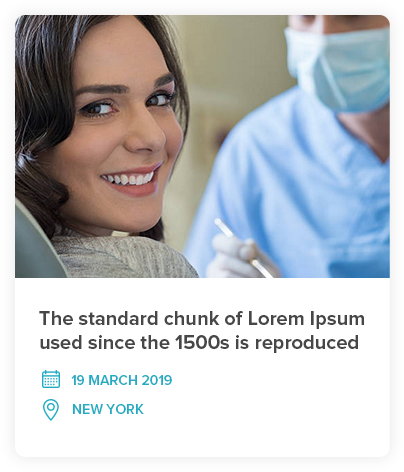
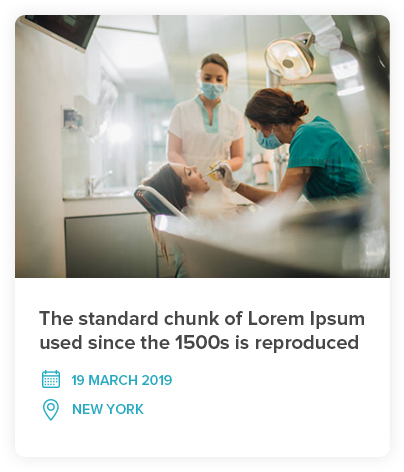
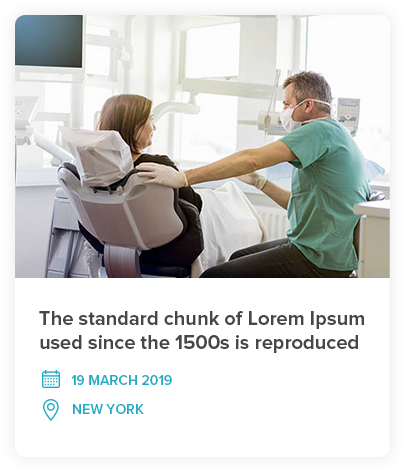
No Events Yet

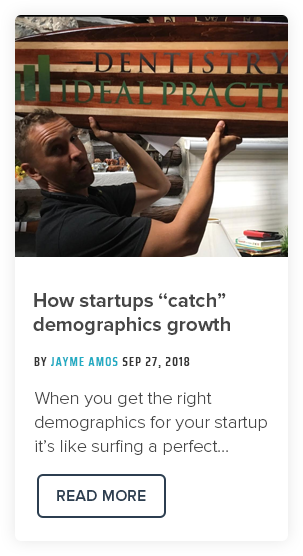
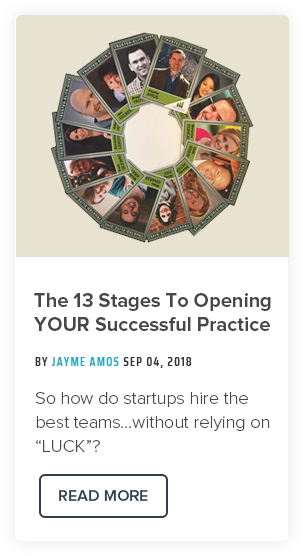
Imagine with me: It’s your opening day. You’re so excited you could burst. You seat your first patient in the chair. And then it happens. The moment you realize your compressor isn’t working.
Or how about this: It’s your first day. You and your team are so excited. But you’re also nervous. Like you’re on a first date. Your first patient senses your nervousness. Now she is nervous. Everyone is trying to act normal and confident, but your staff has never actually worked your new panoramic equipment. They fumble and mumble as they try to figure it out. Imagine your patient’s inner turmoil as she wonders about the competency of your team and worries she made a poor choice by coming to an unproven rookie.
These kinds of things really do happen.
Can you recover?
Of course. But it could have been avoided.
There are more than 200 small interactions like that your team should be prepared for.
And this is the point of the Dress Rehearsal.
Like the night before a big Broadway play, the entire team goes through all the motions of treating a patient. When you partner with Ideal Practices, your very own Startup MBA Consultant guides you through it all–from the first phone interaction, through the front office experience, into the operatories, the sterilization center, and back out through the checkout process. She trains everyone on everything they need to know. Every. Little. Thing.
Your first moments in practice ownership will set your path, and it deserves to be at it’s best.
Dress Rehearsal is one of the most exciting moments. Your dental startup consultant, an expert who has helped open hundreds of other startup practices all over the country, works side-by-side with you and your team to ensure your practice opens with excellence.
The Dress Rehearsal process takes weeks to prepare for and a full day to implement. The effect, however, leaves a lasting impact throughout your entire career.
Let’s ensure that everything is working properly and smoothly so you can be proud of your dental practice and reputation from DAY ONE.
Finally, it’s time to sit back and enjoy the fruits of your labor. Imagine how proud your family will be when you open the doors to your new dental office. Right now, it may seem implausible. But when you break the steps down into 13 stages and complete them in the right order, there is no limit to what you can achieve.
At Ideal Practices, our team of dental consultants will work alongside you through all the Stages, guiding you to achieve your dreams. We will help you create a fully customized startup you’re proud to own that matches your professional vision.
We accept only a handful of applicants per month so we can fully focus on each client, so don’t delay!
OR, learn tons of tips and tricks to owning a successful dental startup practice at our Blueprint Startup Course. This is a two-day, information-packed crash course taught by the experts in dental practice startups.
Good luck to you on your journey!
Jayme
Privacy Policy: We hate SPAM and promise to keep your email address safe.
 Lorem Ipsum is simply dummy text of the printing
and typesetting
Lorem Ipsum is simply dummy text of the printing
and typesetting
 Contrary to popular belief, Lorem Ipsum is not simply
random text. It has roots in a piece
Contrary to popular belief, Lorem Ipsum is not simply
random text. It has roots in a piece
 The standard chunk of Lorem Ipsum used since the
1500s is reproduced below for those interested.
The standard chunk of Lorem Ipsum used since the
1500s is reproduced below for those interested.
 Contrary to popular belief, Lorem Ipsum is not simply
random text. It has roots in a piece
Contrary to popular belief, Lorem Ipsum is not simply
random text. It has roots in a piece
 The standard chunk of Lorem Ipsum used since the
1500s is reproduced below for those interested.
The standard chunk of Lorem Ipsum used since the
1500s is reproduced below for those interested.
Ideal Practices is the leading consulting firm for startup dental practices. The consulting team guides dentists to open successful startups across the country. This website is a free resource founded by Ideal Practices.
As part of our passion for global entrepreneurialism, we fund 10 new startup businesses in 3rd world countries every time a client opens a new practice. By the year 2024 this effort will empower 4000 new entrepreneurs worldwide.
Get a 1-on-1 strategy call with the top Startup Strategy Advisor in dentistry.
Learn how startups work in dentistry.